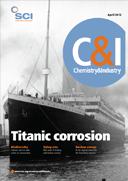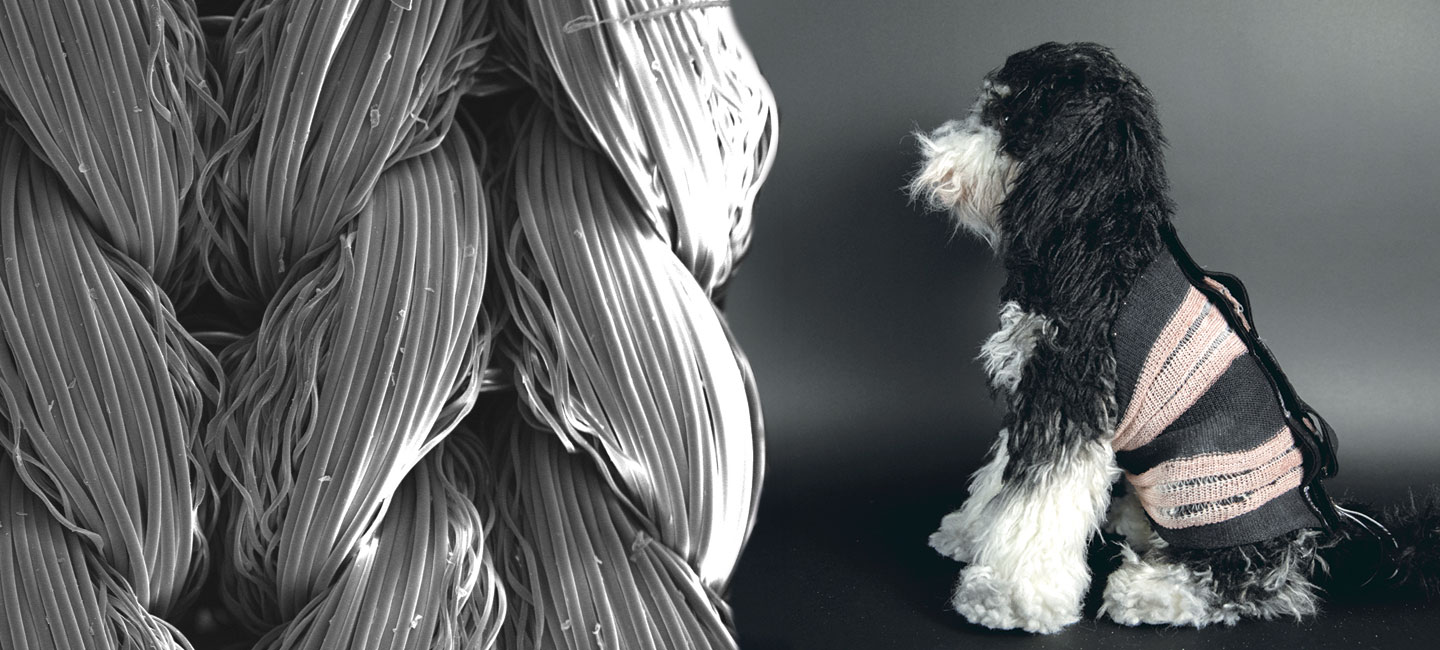Europe’s largest chemical industry continued to power ahead in 2011, with German majors recording yet another year of record financial results, with major investments planned in Germany for 2012 (see Business).
The world’s largest chemical company BASF saw its 2011 sales grow 15%, compared with 2010, to reach a record € 73.5bn. Income from operations, or earnings before interest and tax (EBIT) and before special items, improved by 4% to reach €8.4bn. The first full year’s contribution from the acquisition of Cognis gave a boost to sales, however, the transfer of BASF’s styrene business into the Styrolution joint venture meant that sales and earnings were only included in the 2011 figure until the end of September.
‘The overall positive economic development led to an increase in demand, especially in the chemicals business,’ said BASF chairman Kurt Bock, adding that most divisions improved their sales volumes, giving a 3% volume increase, excluding oil and gas, which was affected by the lengthy suspension of oil production in Libya.
Looking at Q4 2011, BASF’s sales at €18.1bn were higher than in both Q3 2001 and also Q4 2010, but EBIT before special items was 14% lower than Q4 2010 at €1.5bn. Bock noted: ‘The trend that we observed at the beginning of the second half of the year continued: our customers were more cautious in their ordering, reduced their inventories and put off orders in expectation that the economy would decline and prices could possibly soften.’
For 2012, Bock said BASF will aim to exceed the 2011 record levels in sales and EBIT’, but that it was unlikely the performance achieved in H1 2011 would be repeated due to divestments and strong pressure on margins, notably the divestiture of BASF’s fertiliser business in H1 2012 and the loss of styrenics sales.
In terms of R&D spending, BASF increased its R&D expenditure in 2011 to €1.6bn, up 7.6%, compared with 2010, and plans to raise it further in 2012 to €1.7bn.
Meanwhile at life science and chemical major Bayer, 2011 sales grew 5.5%, adjusted for currency and portfolio effects, compared with 2011, to reach a record €36.5bn. Emerging economies made a major contribution with a 9% increase. Bayer’s operating result (EBIT) rose 52% to €4.1bn.
Commenting on his first full year as chairman, Bayer’s Marijn Dekkers said: ‘We achieved the Group targets that we raised after the first quarter’, although echoing BASF’s Bock by adding that the global economic recovery lost momentum towards the end of 2011.
In terms of the performance of its three main business groups, HealthCare improved earnings and its margin, although sales rose only slightly by almost 2.5% to €17.2bn, while CropScience, described by Dekkers as ‘the comeback kid’, posted good growth in sales and earnings, with sales up nearly 9% to €7.3bn. However, Dekkers described MaterialScience as ‘the black sheep of the family’, noting that although sales grew by 8% to €10.8bn, earnings before interest, tax, depreciation and amortisation (EBITDA) fell by nearly 14% to €1.2bn, and scarcely any volume increases were achieved, while the business was unable to pass on high raw material costs in full.
For 2012, Dekkers is forecasting adjusted sales growth of about 3% to give a total of around €37bn, with a slight improvement in EBITDA. R&D spending will continue at around €3bn, and planned capital expenditures total €1.5bn. Looking on to 2013, Dekkers expects continued growth in sales and EBITDA.
Questioned whether Bayer would follow BASF in moving its biotech activities out of Europe (see Companies, technology & environment), Dekkers pointed out that the company did not conduct any biotech research in Germany, although its seeds research is located near Ghent in Belgium, and he saw no reason to relocate it.
He does share BASF’s disillusionment about the near-term prospects for GMO commercialisation in Europe.
Polyurethane foams get TDI boost
Both BASF and Bayer have expressed confidence in the European chemical industry by announcing almost simultaneously the construction of toluene diisocyanate (TDI) facilities in Germany. TDI is a key component in the production of polyurethane foams for the automotive and furniture industries.
BASF is investing about €1bn at its Ludwigshafen headquarters in a single-train 300,000t/year production unit together with expansions of the existing aromatics complex to provide additional toluene and the precursor production facilities for nitric acid, chlorine and synthesis gas as well as a new hydrogen chloride recycling plant. Production is scheduled to come onstream by the end of 2014, at which time BASF plans to close its 80,000t/year TDI facility in Schwarzheide, Germany.
Bayer is to build a same-sized TDI plant at Dormagen, near Koln, representing an investment of €150m. The plant will use new technology already operational at the new TDI facility, which Bayer opened in Shanghai, China, in 2011, that reduces energy consumption by up to 60%, while requiring 80% less solvent than similar-sized conventional facilities. The new facility will replace the existing plants at Dormagen and Brunsbüttel in northern Germany. Construction is expected to begin shortly.
BASF chairman Kurt Bock said the extra cost of the BASF facility was down to the additional expansions and new plant to support the TDI plant, which he believes will be ‘the largest single strand plant of its kind in the world’.




